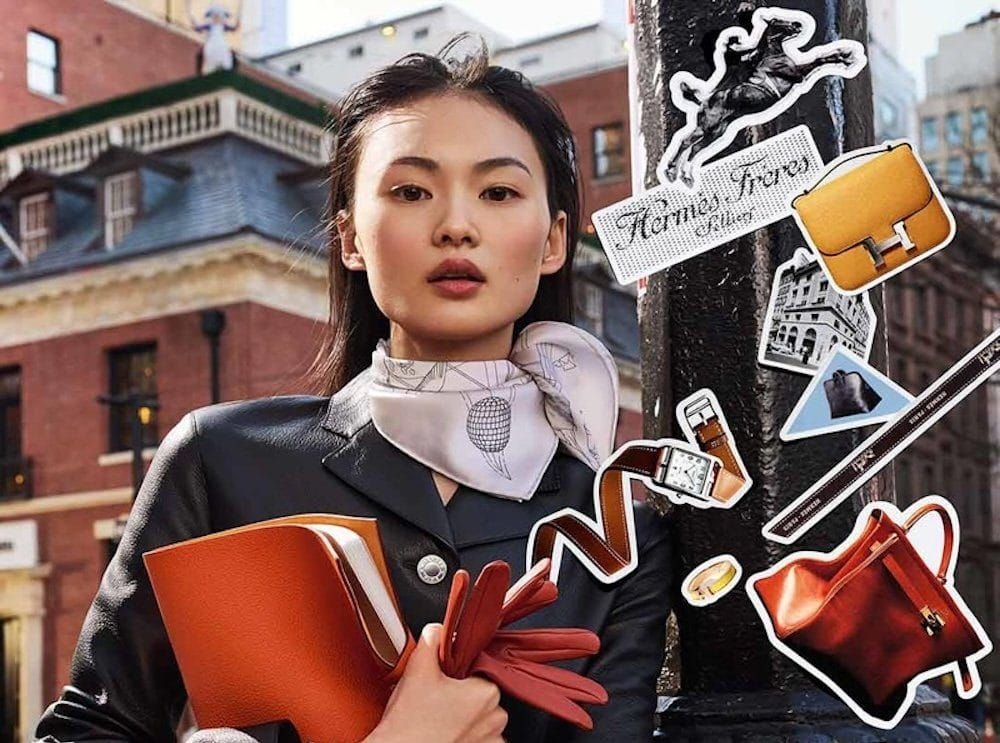- Is a boutique just for clothes?
- What makes a brand boutique?
- Why are boutiques called boutiques?
- What do you call someone who owns a boutique?
- What is the difference between a boutique and a clothing store?
- Does boutique mean small?
- What is the difference between retail and boutique?
- Do boutique owners make money?
- What industry does a boutique fall under?
A boutique is a small, specialized store offering a finely curated selection of high-end products that cater to specific tastes and styles. Unlike larger retail chains that target mass markets, boutiques focus on exclusivity, often featuring unique items from independent designers or local artisans.
Stepping into a boutique, customers are greeted with a tailored shopping experience beyond mere transactions. The staff in these quaint shops provide personalized advice driven by deep product knowledge and a genuine passion for their offerings. From fashion and accessories to gourmet foods and home décor, boutiques reflect a distinctive brand identity and atmosphere, creating an intimate, memorable experience. Let’s dive into some of the most common questions about a boutique and its pros and cons.
Is a boutique just for clothes?
No, a boutique is not just for clothes. While many boutiques focus on fashionable clothing and accessories, the term “boutique” extends to various specialized, high-end products. This can include beauty products, home décor, gourmet foods, children’s items, and more, all curated around a specific style or theme.
What makes a brand boutique?
A brand is considered a boutique based on several defining characteristics:
- Exclusive Product Selection: Boutiques often feature unique, one-of-a-kind items from independent designers or local artisans, differentiating them from mass-produced goods.
- Curated Inventory: The collections in boutiques are carefully chosen to reflect a specific style or theme, tailored to the tastes of the local market.
- Personalized Customer Service: Employees provide tailored advice and deep product knowledge, creating a memorable and specialized shopping experience.
- Distinct Atmosphere: Boutiques invest in creating a unique and inviting shopping environment that aligns with their brand identity.
Why are boutiques called boutiques?
The term “boutique” originates from the French word for “shop.” It traces back to the Ancient Greek word “apothēkē,” meaning “storehouse.” The term was integrated into everyday English in the late 1960s, and it was associated with high-fashion and exclusive retail shops in areas like Carnaby Street and King’s Road in London.
What do you call someone who owns a boutique?
Someone who owns a boutique is commonly referred to as a boutique owner. Depending on the scope of their business involvement, they could also be called an entrepreneur, retailer, or shopkeeper.
What is the difference between a boutique and a clothing store?
A boutique and a clothing store differ primarily in their scale, product range, and customer service:
- Scale and Inventory:
- Boutique: Smaller, intimate settings with a highly curated selection of high-end, unique items.
- Clothing Store: Generally larger, offering a broader range of products aimed at various customer needs, often including mass-produced items.
- Customer Service:
- Boutique: Personalized service with in-depth product knowledge and tailored advice.
- Clothing Store: Standardized service aimed at assisting a wider range of customers.
- Atmosphere:
- Boutique: Unique and specifically designed to create an exclusive shopping experience.
- Clothing Store: More utilitarian layout aimed at convenience and efficiency.
Does boutique mean small?
Yes, in most contexts, “boutique” implies a smaller, more intimate retail location. This smaller size allows for a curated inventory and a more personalized shopping experience, differentiating it from larger retail establishments.
What is the difference between retail and boutique?
The difference between retail and boutique can be summarized as follows:
- Scope and Scale:
- Retail: This term encompasses a broad range of stores of various sizes and product offerings. It is a general term for any business selling goods directly to consumers.
- Boutique: A specific type of retail store that is small and specialized, focusing on a niche market with high-end, exclusive products.
- Product Selection:
- Retail: Offers a wide range of products, often mass-produced, catering to a broad audience.
- Boutique: Offers a carefully curated selection of unique items, often from independent designers or artisans.
- Customer Service:
- Retail: Standardized to serve a large and varied customer base.
- Boutique: Tailored and personalized, with a high level of customer engagement.
Do boutique owners make money?
Yes, boutique owners can be quite profitable, though this depends on several factors, such as location, target market, pricing strategy, and operational efficiency. Some boutiques can have profit margins ranging from 30% to 70%, with successful owners earning upwards of $43 per hour. For example, a well-placed boutique could generate annual revenues of $702K with a gross margin of 43%.
What industry does a boutique fall under?
According to the North American Industry Classification System (NAICS), boutiques fall under the “Other Clothing Stores” category (448190), which is part of the broader retail trade sector. This classification includes establishments that primarily retail merchandise without significant transformation while providing services incidental to the sale.
In summary, boutiques represent a specialized and high-end retail industry segment, offering unique, curated products with a personalized shopping experience. Their smaller size, selective inventory, and bespoke service distinguish them from traditional retail stores. Despite their more intimate scale, they have strong potential for profitability and occupy a distinct niche within the retail trade sector.

















